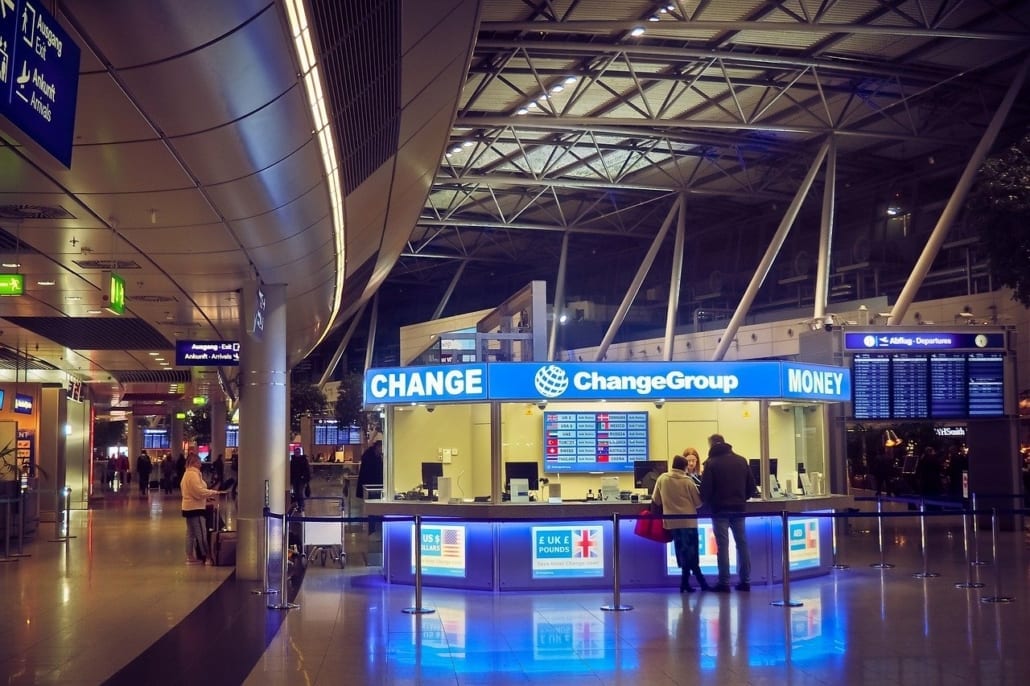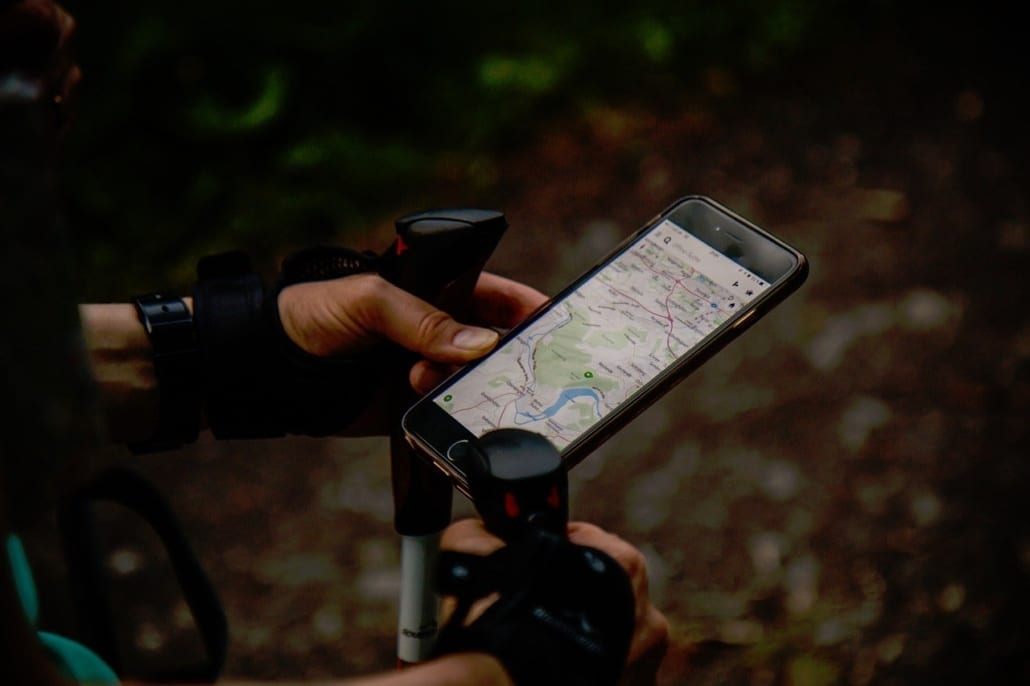No matter where your next adventure takes you, be sure to protect your trip with travel insurance. Don’t get lost in all the options out there, review our expert tips below to navigate all your travel insurance questions. When you’re ready to buy, we recommend using an easy service like Travel Insurance Master to find the best travel insurance for your specific trip in just 3 easy steps.
Travel insurance is more important than ever and it may seem complicated to find the right benefits for you but it doesn’t have to be! Gone are the days of having to jump from website to website to compare different companies’ plans, leaving you with more questions than answers. Now you can simply visit TravelInsuranceMaster.com and view clear side-by-side plan comparisons from the world’s leading travel insurance providers all on one website.
In just 3 steps, you can request a quote and quickly find your recommended plan and best value for your trip. You can also compare your recommended plan with other similar plans and even filter those results by the benefits most important to you.
When to Purchase Travel Insurance
The best time to purchase travel insurance is early on in your planning process, usually the same day you put down your initial trip deposit or within a few days so you have the most options to choose from.
Your initial deposit date, or the earliest date a payment was made towards your trip, is very important to note and will be required for travel insurance. It’s also important to note the date of your final payment, although you can request a quote and purchase travel insurance before your trip is paid in full.
For one of the most popular requests, the Cancel for Any Reason (CFAR) benefit, you will usually need to buy your insurance within 1-21 days of your initial trip deposit. CFAR benefits are just that – you are able to cancel your trip for any reason whatsoever usually up to 2 days before departure for a reimbursement up to 75% of prepaid non-refundable expenses.
Remember CFAR is an additional benefit and does not replace your regular trip cancellation benefit that covers you 100% for covered reasons, most commonly when you, your family member, or travel companion gets sick.
If you’re worried a pre-existing medical condition could flare up and affect your trip, it’s also a good idea to purchase travel insurance early. This will allow you to take advantage of time sensitive benefits like the Pre-existing Medical Conditions Waiver.
Covid-19 Travel Insurance Coverage
With Covid-19, all Travel Insurance Master’s Trip Cancellation plans cover trip cancellation or interruption if you get sick or test positive with COVID-19. It’s important to note that travel insurance treats COVID-19 the same as any other illness, and depending on your trip and needs, many benefits can provide coverage if you are diagnosed with COVID before or during your travels.
The fear of contracting COVID is not a covered reason for cancellation, however that’s when a CFAR plan may be right for you. Trip Interruption may provide reimbursement of non-refundable prepaid trip costs and expenses for your return home if you or your traveling companion are diagnosed with COVID-19 by a physician while on your trip.
Trip Delay provides coverage for additional hotel and meal expenses if you are delayed due to quarantine required by a physician on your trip. Emergency Medical and Evacuation benefits will provide coverage for medical expenses if you were to contract COVID-19 during your travels and evacuation if medically necessary.
Travel insurance can also help you meet the new foreign tourism requirements in many countries. Before purchasing, be sure there is no travel ban during your travel dates and view the requirements.
Use Travel Insurance Master’s helpful filters located on the left-hand side of the plan results page to narrow down plans that meet the requirements. Be sure to review your plan details and certificate for coverages, limits, and what documentation and proof you will need to provide.
Adventure Sports Coverage
Adventures can sometimes include some riskier than normal activities and sports that you will want to be sure are covered with your travel insurance plan. On the left-hand side of the plan results page you will find the customizable filters like Sports – Hazardous and Amateur.
Choose one or both of these options to find the best plan for you and your itinerary. Click on the benefit under each plan for a brief description.
Although some plans may have exclusions for these types of activities, there are plans like the AIG Travel Guard Preferred plan that include an Adventure Sports Bundle, which removes the exclusions for Adventure and Extreme Activities. View the certificate of the plan you are interested in purchasing to check out all the details on what’s covered and what isn’t.
Travel Medical Coverage
The most popular travel insurance types are Comprehensive plans that offer both trip cancellation and travel medical options. There are also Limited or Travel Medical plans that will provide coverage in the event of an illness or injury while traveling.
Most regular health insurance plans provide very little or no coverage while you are traveling outside your home country. Travel medical options fill that gap in coverage. Emergency Medical and Dental benefits provide coverage if you were to become sick or injured on a trip.
You can also find AD&D, and Medical Evacuation coverage for emergency medical, medical repatriation, return of remains, and trip interruption.
Travel Insurance for Road Trips
Travel insurance is not just for trips abroad. It can truly be useful on any trip that takes you 100 miles or more from home. Any type of travel can be affected by delays, cancellations, hurricane and weather, and more.
Travel insurance can provide cost saving rental car coverage, and may reimburse your non-refundable prepaid trip expenses like RV rental or campground reservations if you have to cancel or shorten your road trip due to a covered reason.
But my Credit Card Offers Travel Insurance?
Although your credit card may offer travel insurance, in general they do not offer much protection. They have very minimal benefits and protection for small inconveniences like delays or lost luggage.
Trip Cancellation, one of the most popular plan types, is not usually offered by credit cards and emergency medical is also not usually covered.
How to Get Travel Insurance Quickly and Easily
Remember travel insurance is the easiest way to protect your travel investment for very little, and gives you invaluable protection, flexibility, and the ultimate peace of mind. Travel Insurance Master will find the best travel insurance plan for you in just 3 steps so you can get back to the fun part, planning and ultimately enjoying your next adventure! Be sure to check your specific plan details for full description of coverages.



